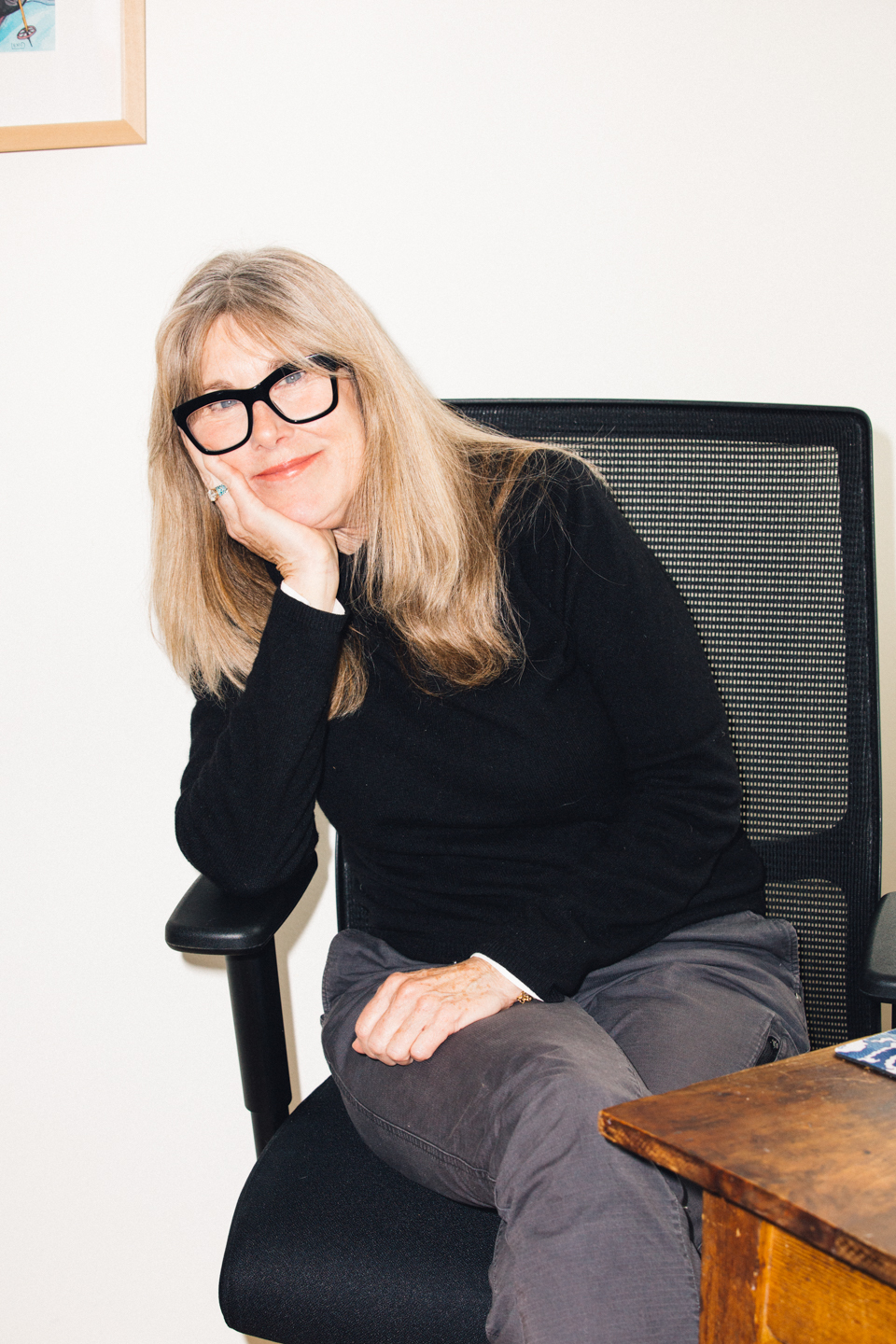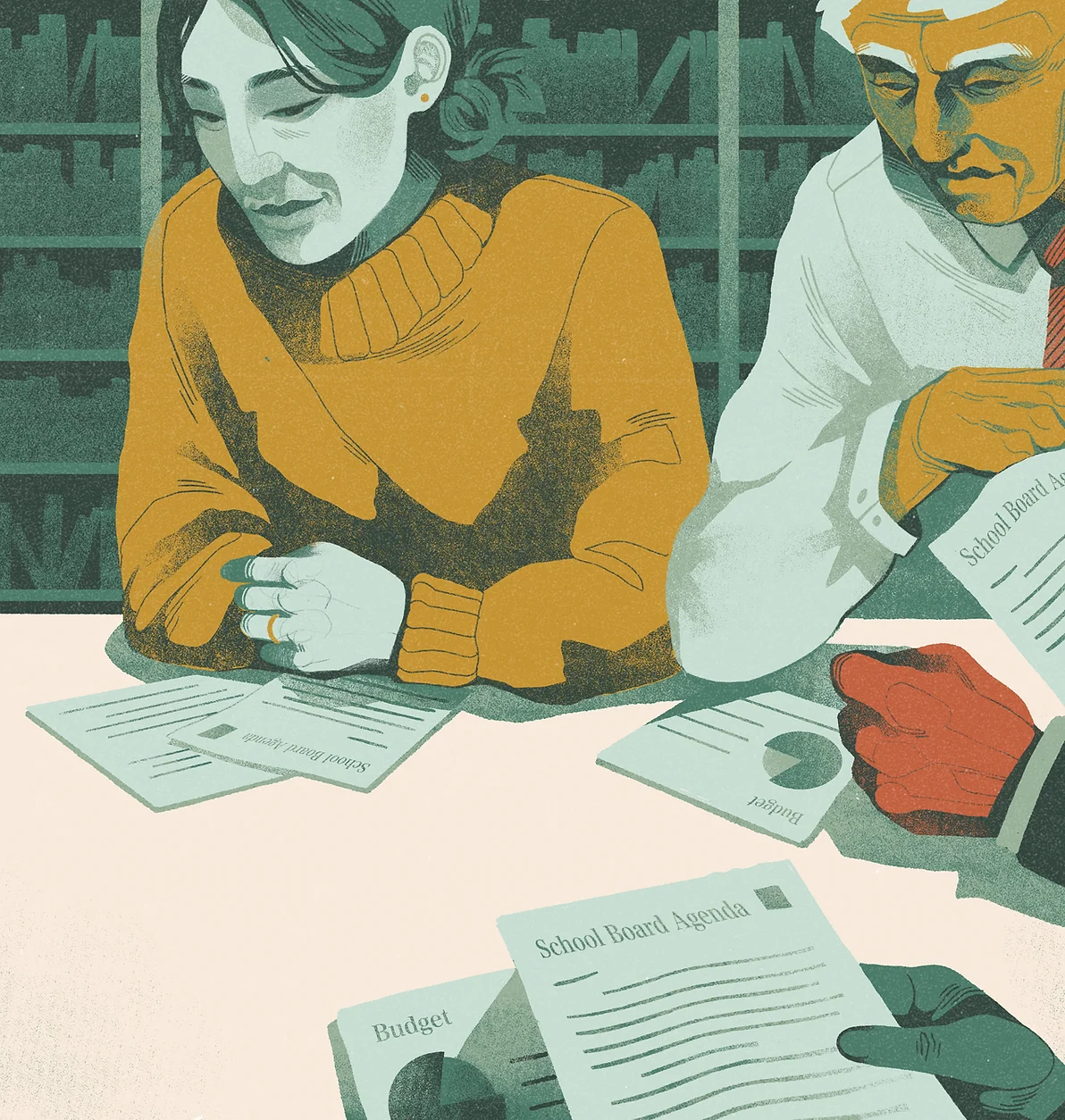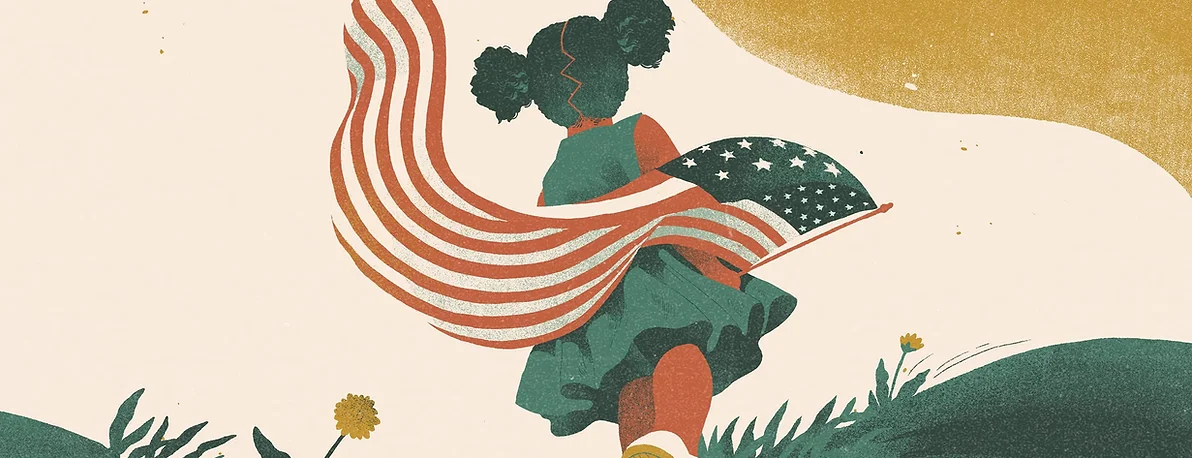We learned of Fraser a few months ago from some rather impressive women, each of whom said something along the lines of, “Oh yea, I do ok, but Fraser is unreal the stuff she gets done.” Having spent a bit of time with her, we agree: Fraser is a force of nature; a very gentle but irresistible force for the good of humanity who, when she sets her mind to something, gets it done.
Her latest project is saving small-town newspapers, believing that they are the glue that holds communities together. Her latest endeavor is The National Trust for Local News, or NTLN.org, with the mission of keeping local news in local hands. One in five Americans is at risk of losing their local newspaper and, with it, the institution that binds them to their neighbors and reports on the people, places, and issues closest to their life. Despite innovation in digital media, neither global platforms nor nascent startups are meeting these needs.
This is a gargantuan project and one that deserves to happen, one that is suited to the skills and motivation that Fraser brings to the table. Her core value is her belief in people, all people, in the human spirit we all share. It is not about how much money one has, what color, gender, or age, it is about the one thing we all share: our basic humanness.

How old are you?
I am 63 and a half.
Okay, the only people who get to use the half are people under 10 and people over 100.
It took me a minute to think about how old I was. So, yeah, I’m 63.
You are very connected to the idea of humanity.
I believe every life has value and that connecting as humans, as humanity, is critical to the future of the world. If we see each other as others all the time, if we’re able to put people in boxes, if we’re able to say, as I hear people in Utah, “Oh, well, they’re Conservative,” “Oh, well, they’re Mormon,” well, how about, “Oh? They’re Conservative and Mormon. What a wonderful thing to be. How can I learn, connect, and appreciate that?” For people whose points of view are different, “Oh, my god, there’s a trans kid,” how about, “Oh, my god, what can I learn from a teenager going through a transition?” We need to remember and be appreciative of and in awe of humans.
“I believe every life has value and that connecting as humans, as humanity, is critical to the future of the world”
What’s this thing you’re doing with newspapers?
I’m part of a small team of people who started a national nonprofit about two years ago to purchase, conserve, and transform community newspapers. These are the papers that you probably grew up with, the ones that serve your hometown, that come out usually once a week, cover high school sports, the water board, the school board, the biggest pumpkin, those kinds of newspapers. We know that they’re fundamental to our democracy, to “small d” democracy.
We were very concerned that these newspapers were going away. Over 1800 of them have closed in the last decade. We think they’re drivers of community cohesion. When we think about all of the hatred and divisiveness that exists in this country and how that’s really been fanned in recent years by media that seeks to divide us, those really local newspapers that talk about your neighbors, who had a baby, who’s celebrating their 100th birthday – those newspapers create community cohesion. We want them to survive.

Why are you personally doing this?
Throughout my career, I’ve asked the question, “Why me?” and the answer usually is, “Why not me?” Why not any of us? Fortunately, there were a number of us that came together with this idea from different perspectives. I led the effort to turn the The Salt Lake Tribune into the first nonprofit newspaper in the United States. I had a pretty specific and recent experience that I could bring to the effort. My brilliant colleague and the co-founder and our CEO, Elizabeth Hansen Shapiro, was just wrapping up her dissertation at Harvard Business School, looking at the economics of local media.
Our two founding board members had also equally compelling and unique perspectives on this issue of rebuilding the framework for community newspapers in the United States. It was just a group of us that came together. Then the opportunity came up to buy some newspapers in Colorado. And we thought, “Well, why not? We might as well do the experiment and not just think about the experiment.”
Where does the money come from?
Well, the acquisition in Colorado was a fully leveraged buyout financed by a fund in New York City called FJC. So, we’re very creative people. Our acquisitions in a southern state have been funded primarily by philanthropy. One of the things that we are very committed to, is that all Americans deserve high-quality news about their communities so that they can be engaged citizens. Just because the community is low wealth doesn’t mean it doesn’t deserve to express itself and to understand itself. But we don’t think philanthropy needs to be in place for the long term in many of these communities. We’re rebuilding the business model, to serve the community for the years to come.

“I made a decision early on to always do things that, in my mind, were making the world a more just place”
What did you do before this?
I have been really lucky in so many ways in my life; countless ways. I made a decision early on as a young person, as a 20-year-old, to always do things that, in my mind, were making the world a more just place. For many years that meant not making much money and having jobs like waitressing and cleaning windows and cleaning gutters and doing god knows what, in order to do the work that spoke to me. I’ve always lived well beneath my means. That has allowed me a lot of freedom to make choices about how I spend my working time, to reflect my personal values, but also to do what I think is making the most difference with the limited time we have on earth. I’ve done lots of things in lots of different realms. I’ve run lots of nonprofits, I’ve served in government.
The older you get and the more skilled you get, you eventually start getting paid for your knowledge. I’ve been really lucky that I’ve been able, over the last couple of years, in particular, to make a decent living, but it certainly wasn’t always the case.
And you’re 63 now; what are you looking forward to in the next 5 or 10 years? You made this particular decision at age 20, and that’s remarkable. What is next?
I tend to think in five-year blocks and to keep jobs for two to three years. I like to be at the start of something. One of the things I’m really proud of — and I think it’s also important to be proud of your work because if you’re not proud of your work, you ought to be doing something else — I’m really proud of the fact that I’ve started a lot of organizations that have gone on to great success. For example, Community Foundation of Utah, which I started with no money. I had another job to help bring some revenue in while I was starting it, and a computer and two board members. In five years, we grew to $45 million under management. Last year, the Community Foundation of Utah gave away $100 million. It’s the third-largest foundation in Utah. All that has happened in little more than 10 years. Amazing.
For the National Trust, for local news, we’re in startup mode. I came to this organization as the oldest person on staff, but not the CEO. One of the real joys of this job has been helping our CEO — it’s her first time; she’s never run a nonprofit before, she’s never run a business before, she is an exceptional leader — encouraging her leadership and her creativity in the way that a more senior person can do. Mentoring her has been just wonderful.
I’m looking forward to a time when I’m free from the day-to-day of running an organization or supporting an organization and have some more free time to do things that aren’t compensated at all. Do more work in a volunteer mode that might be able to help other young social entrepreneurs do their best work. But I’m definitely not one of those people who wants to die at my desk and work till the last minute. Right now, I want to fish.
“There’s just so many critical, fun things to do. I fully believe in retirement”
You want to fish?
Yeah, more fishing, more skiing, more travel. I have a huge, long, giant bucket list. The Peace Corps maybe. There’s just so many critical, fun things to do. I fully believe in retirement.
You mentioned to me at one point the Grateful Dead.
Yeah, I’m a longtime appreciator of the Grateful Dead. Went to a bunch of concerts when I was in college and high school. And this is the last tour of Dead & Co, so I want to be catching as many shows as I can with my daughter this spring and summer.
Intergenerational Deadheads?
Yeah, we are intergenerational deadheads. My father loved the Dead, too. Not quite as much as I did.
Some of the things I’ve worked on have been really difficult. I started and ran a bunch of AIDS programs in Appalachia. Really before AIDS was even — before there was a test, before there was AZT. I witnessed and participated in the deaths of 34 people as a very young person, as a 20-year-old. Close friends, and clients.
When you’re that young and you see how short life can be, it really has an impression. It’s remarkable to see just in my short life how much progress we’ve made in some of those areas. I think about gay marriage. I think about lots of things.
What else do you like to do?
I like to have fun. I like to have lots of fun. I like to spend time with my remarkable daughter and my incredibly creative and wonderful friends. I like to be in silence and alone in nature and on my meditation cushion and with my sangha, my Buddhist community.
I’m sorry, what’s a sangha?
A sangha is a group of people that share a meditation practice together. My sangha is in Santa Fe, New Mexico. To be able to really spend what’s called a practice period, or sesshin, would be just a great way to kick off a retirement, a kind of a reset. I want to go to Costa Rica and learn Spanish because it’s embarrassing not to speak Spanish. I want to go to Nova Scotia and Newfoundland. I want to take my van south and go on the Civil Rights Tour and walk in the steps of the people who I’ve admired my whole life.
Last question. What are the three non-negotiables in your life?
Love, nature, and humans.
Connect with Fraser:
LinkedIn
Twitter
National Trust For Local News
LEAVE A REPLY
The ideas expressed here are solely the opinions of the author and are not researched or verified by AGEIST LLC, or anyone associated with AGEIST LLC. This material should not be construed as medical advice or recommendation, it is for informational use only. We encourage all readers to discuss with your qualified practitioners the relevance of the application of any of these ideas to your life. The recommendations contained herein are not intended to diagnose, treat, cure or prevent any disease. You should always consult your physician or other qualified health provider before starting any new treatment or stopping any treatment that has been prescribed for you by your physician or other qualified health provider. Please call your doctor or 911 immediately if you think you may have a medical or psychiatric emergency.
AUTHOR

We will never sell or give your email to others. Get special info on Diet, Exercise, Sleep and Longevity.

My hometown is in The Napoleon Homestead, Napoleon ND; maybe they need your skills thanks